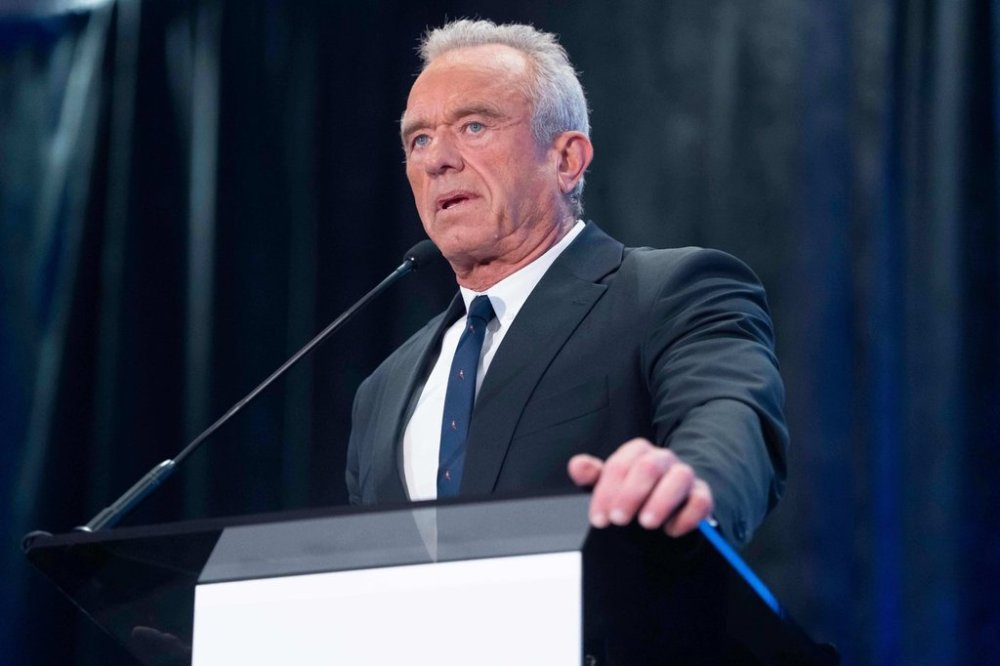Long-awaited $3.6B in heating assistance released to states and tribes
Advertisement
Read this article for free:
or
Already have an account? Log in here »
To continue reading, please subscribe:
Monthly Digital Subscription
$0 for the first 4 weeks*
- Enjoy unlimited reading on winnipegfreepress.com
- Read the E-Edition, our digital replica newspaper
- Access News Break, our award-winning app
- Play interactive puzzles
*No charge for 4 weeks then price increases to the regular rate of $19.00 plus GST every four weeks. Offer available to new and qualified returning subscribers only. Cancel any time.
Monthly Digital Subscription
$4.75/week*
- Enjoy unlimited reading on winnipegfreepress.com
- Read the E-Edition, our digital replica newspaper
- Access News Break, our award-winning app
- Play interactive puzzles
*Billed as $19 plus GST every four weeks. Cancel any time.
To continue reading, please subscribe:
Add Free Press access to your Brandon Sun subscription for only an additional
$1 for the first 4 weeks*
*Your next subscription payment will increase by $1.00 and you will be charged $16.99 plus GST for four weeks. After four weeks, your payment will increase to $23.99 plus GST every four weeks.
Read unlimited articles for free today:
or
Already have an account? Log in here »
HARTFORD, Conn. (AP) — Approximately $3.6 billion in delayed funding for the Low Income Home Energy Assistance Program, or LIHEAP, was released Friday to states and tribes, according to the National Energy Assistance Directors Association.
The federal funding for LIHEAP, which helps millions of low-income households pay to heat and cool their homes, has been held up during the beginning of the cold-weather season because of the federal government shutdown, which ended Nov. 12.
“This release of LIHEAP funding is essential and long overdue,” Mark Wolfe, executive director of NEADA, said in a statement. “Families can finally begin receiving the support they need to keep the heat on as winter begins.”

States typically receive their allocations at the beginning of November.
The U.S. Department of Health and Human Services, which oversees the assistance program, has not yet issued a formal public announcement about resumption of the funding. After the federal shutdown ended, HHS said one of its agencies would “work swiftly to administer annual awards,” blaming the delay on congressional Democrats.
Wolfe said state agencies told his organization they’ve received award letters from HHS, enabling them to begin distributing assistance to households.
A message was left seeking comment with HHS.
On Monday, a bipartisan group of U.S. House members sent a letter to HHS Secretary Robert F. Kennedy Jr. urging him to release the LIHEAP funds by Nov. 30. Given the heating season has already started in many parts of the U.S., they said “there is no time to waste,” especially for households that use home heating oil or propane. Those fuels typically aren’t affected by state moratoriums on utility shutoffs during the winter months.
Roughly 68% of LIHEAP households also receive SNAP food benefits. Wolfe said delays in both programs during the shutdown “put many households in an even more precarious situation than usual.” While Friday’s funding release is welcome news, he said the need for assistance “remains enormous,” especially given rising energy prices. He noted that arrearages remain near record highs.

